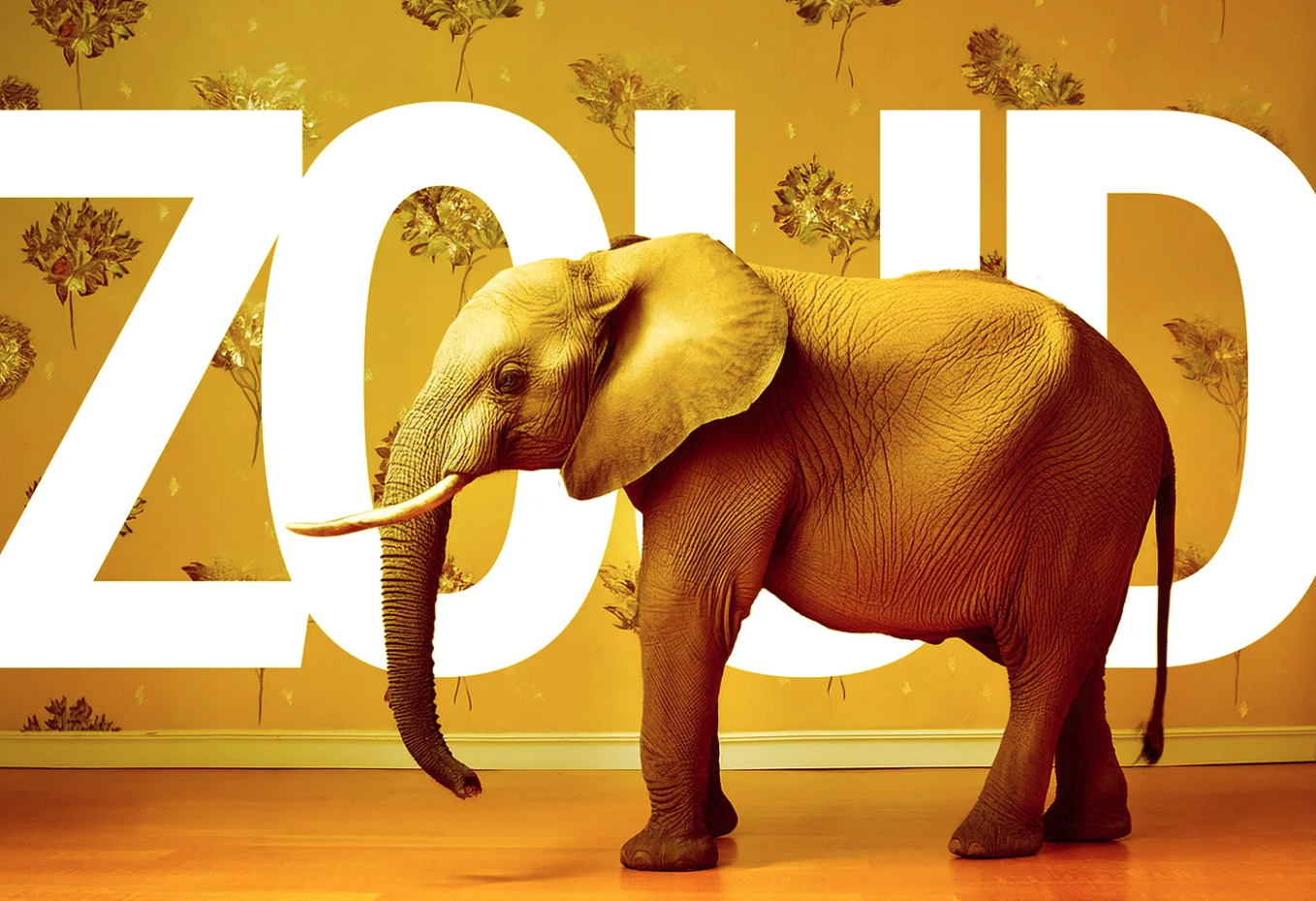Written by KuKu Connect Member, Sean Masters
The big issue
That ‘issue’. You know, the one people tend to avoid talking about at home or in the workplace or amongst friends, because it causes tension. Or worse, it could lead to world-ending consequences.
All that’s needed is a calm, open debate to address the ‘elephant in the room’ …. to ‘clear the air’ … or ‘grasp the nettle’ with both hands … ‘bite the bullet’ and face the unpleasantness … ‘take the bull by the horns’ to confront the issue … or ‘rip off the plaster’ … but let’s not ‘beat around the bush’. So many metaphors to describe the awkward experience of having to deal with a difficult discussion which must happen to overcome a core issue.
Often though, when the issue is discussed openly, the fallout is never quite as bad as everyone thinks. Yes, there’s an edginess of how it might play out, anxiety, discomfort, and sometimes passionate raised voices. But more often than not, there’s also a tension release that allows everyone involved to be in the moment. And let’s face it, as humans, we spend our days trying to avoid or actively remove tension from our lives.
Being brave
Deep down, we know that if we were brave enough to have an honest and robust discussion about an obvious problem or difficult situation, the short-term discomfort would lead to significant long-term benefits.
So, what stops us from opening our mouths and tackling the issue confidently? In my experience, it comes down to two things — fear of social rejection (i.e. being alienated from the tribe) and cultural conditioning (i.e. polite social norms).
Fear of social rejection: Why do we put up with unreasonable or unprofessional behaviour from managers or colleagues, when we know it is not acceptable or appropriate? Why do we hold our tongues when we see friends misbehaving or treating others poorly, knowing we would not tolerate it if directed at us? And, why do we deliberately ignore the faultlines in personal relationships that cause repeated flashpoints? Because, inherently, we are social creatures. In evolutionary terms, our survival depended on being part of the ‘tribe.’ Expressing controversial or dissenting opinions can carry the risk of being judged, publicly shamed or socially rejected, which, on a primal level, threatens our well-being.
Cultural conditioning: We are shaped by the cultural environments we grew up in. The time, place, and behaviours modelled by those around us influence how we navigate society. Even our national myths influence our sense of self and the way we conduct ourselves. As an example, take the clichéd British politeness compared to Scandinavian directness. Both affect how we might engage in or avoid uncomfortable conversations. In some cultures, avoiding conflict is not just the norm, it’s a valued trait. Being perceived as calm, composed, and non-confrontational is often associated with maturity and wisdom. Cultural conditioning can pressure individuals to avoid speaking out to maintain a positive social image.
For those (like me) who practically break out in hives at the thought of a difficult discussion (hello, conflict anxiety), working out how to start the conversation is half the battle. Ambushing the other party can often put them on the defensive right away. “Hey Dave, we need to talk!..”. On the other hand, approaching the topic too gently can undermine the seriousness of the issue. “Um, Jo, can we have a chat? Ummm…”.
Entry point
What we need is a method to signpost our intentions clearly, making the other party aware of what’s coming, without alarming them.
This is where ZOUD comes into play.
ZOUD: Zone of Uncomfortable Debate (or Discussion, depending on your preference). Not only is it satisfying to say — go on, say it out loud. Let it flow effortlessly from your pursed lips. ZOOOOOOOOUUUUUUDD — it can also be used as a handy verb. “Hey, Manuel, can we ZOUD at 4? I need to raise something with you”. Assuming Manuel knows about ZOUD, he’ll anticipate an open and challenging conversation without it sounding threatening.
OK, so not everyone needs ZOUD in their lives. I can imagine someone with a German, Austrian or Nordic temperament saying, “What is this ZOUD? Just say what you need to say.” I can’t really argue with that. Even some of our US-based friends may say, “Cut the bull and get straight to it.” But for me, a serious discussion that aims to resolve the toughest issues requires a clear entry point, allowing people to approach it knowingly and consciously.
So, whether delivering feedback, holding someone to account, challenging behaviour, or addressing the elephant in your life, ZOUD can be your entry point and a way of creating an environment for everyone involved to feel safe enough to ask difficult questions and be open to being challenged … It may just need a bit of explanation first.
“I think we need a ZOUD.”
Would you like a press release?
For just £29 we will share your press release to our digital audience of over 100,000 business people. Your press release will be;
- added to our KuKu News page on this website with SEO rich tags
- shared across our social media channels
- add to our e-bulletin
All press releases must be sent with a high resolution image.



